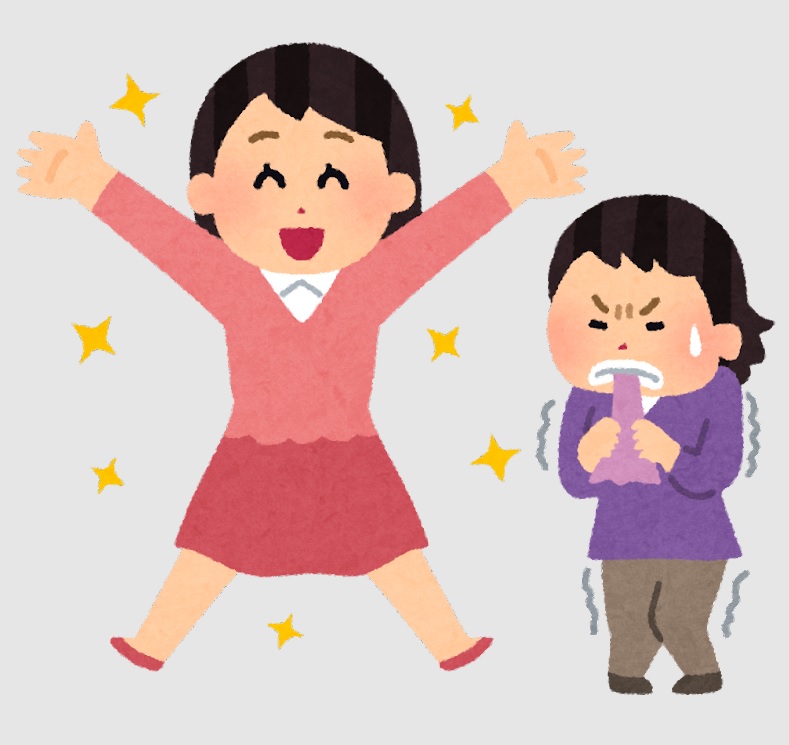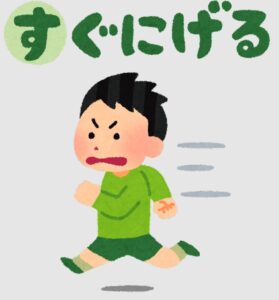「5%と1%|貯金よりも賢く資産を増やす方法とは?」
〜前回のつづき〜
●r > g の真実~知る者だけが抜け出せる~

(トマ・ピケティ 出典:Wikipedia)
ここで考えたいのが
ピケティの法則です。
r>g
(rはリターン=資本収益率 gはグロース=経済成長率)
リターンは
・株
・不動産
など資産からの利益率
グロースはと言うと
労働からの利益率
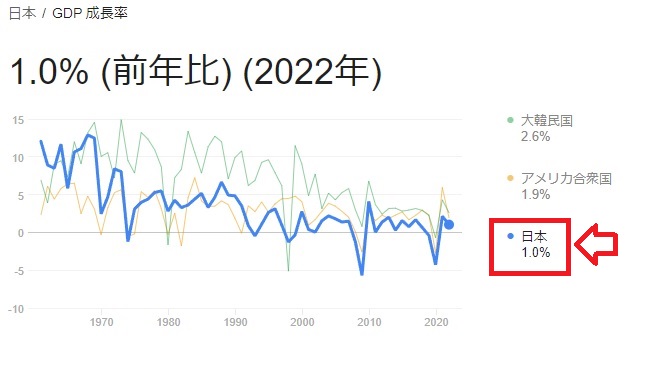
それが1%ぐらい。
資産からの所得の方が
給与所得よりも
伸び率が高いんですよ。
という事は
投資をする人>給料をもらって労働する人
この2者の間で

格差がドンドン広がるんですね。
かたや投資家の方は
毎年5%前後リターンがあるのに
給料をもらう人というのは
1%ぐらいしか
伸びないんですね。
ドンドン差は広がっている。
つまり
資本家はよりお金持ちになって
労働者はより貧乏になっていく。
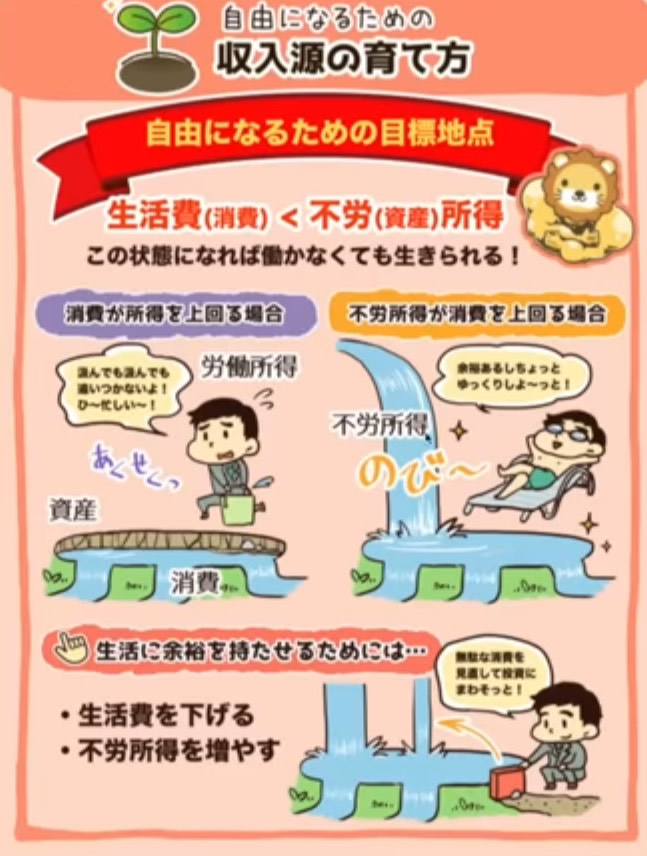
(出典:リベラルアーツ大学)
不労所得でずっと行く人というのは
ずっと水を組み続ける為に
ずっと働かなければならないし
不労所得の有る人
すなわち資本からの
所得が有る人というのは
のんびりしてても
ドンドン流入が有るという
状況ですね。
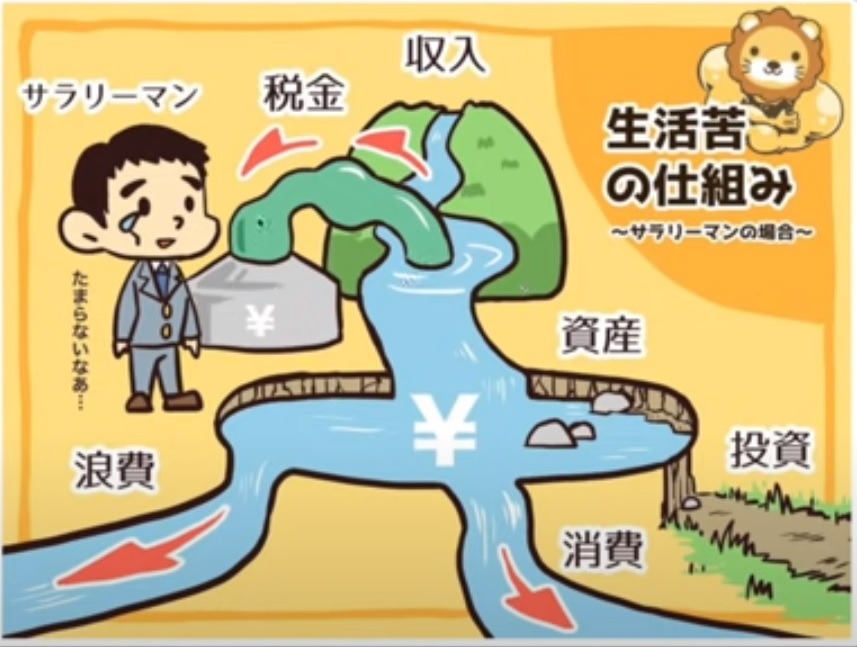
(出典:リベラルアーツ大学)
貧乏になる人というのは
対策をしないから
税金はドンドン取られるし
本来投資に回して
収入源を増やさないといけないのに
消費や浪費にドンドン回してしまう。
それは
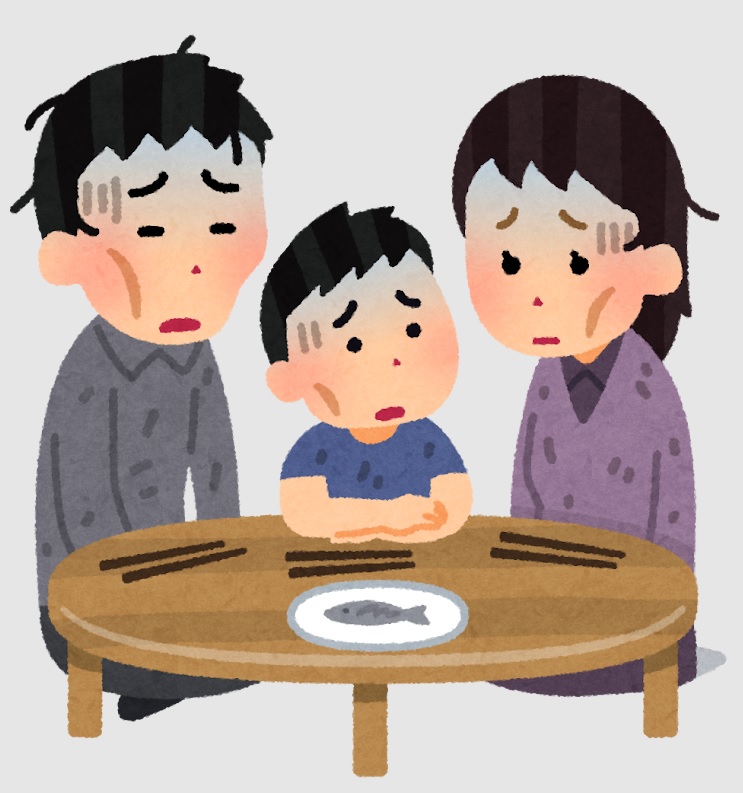
ドンドン貧乏になる
という事です。
サッカーとか野球と同じで
ルールを知らずに
練習もせずに勝てるか?
という事ですね。
ルールを知ってて練習してる人

すなわちプロに勝てるか?
ということです。
これは勝てないですよね?
〜〜〜つづく〜〜〜
Special Thanks college president Ryo.

●おまけ
≪≪Chat-GPTくんによる要約→perplexityちゃんによる文章まとめ≫≫
フランスの経済学者トマ・ピケティが提唱した「r>g」の法則は、資本収益率(r)が経済成長率(g)を上回ることを示しています。具体的には、株式や不動産などの資産から得られる利益の伸び率(年間約5%)が、労働収入の伸び率(約1%)を大きく上回っています。この構造により、資産を持つ投資家と労働者との間の格差は時間とともに拡大していきます。
資本家は資産運用で富を増やせる一方、労働収入のみに依存する人は相対的に貧しくなる傾向があります。さらに、税金や生活費で可処分所得が減り、投資に回す余裕がなくなる悪循環に陥りがちです。この経済ルールを理解せず、対策を講じない限り、格差は固定化されていきます。
重要なのは「労働収入だけに依存しないこと」です。資産形成や投資の知識を身につけ、収入源を分散させることで、この格差構造から抜け出す可能性が広がります。現代社会では、経済のルールを学び、戦略的に行動することが、豊かさを手に入れるカギと言えるでしょう。
Citations:
[1] https://datacommons.org/place/country/JPN
[2] https://note.com/son_jon/n/na128be2c0292
[3] https://toyokeizai.net/articles/-/229192?display=b
[4] https://www.wellington.com/jp-jp/professional/insights/investment-implications-of-US-wealth-inequality-reversal-JP
[5] https://diamond.jp/zai/articles/-/1031425
≪≪Chat-GPTくんによる英訳≫≫
~Continuation from the Previous Discussion~
【The Truth of r > g – Only Those Who Know Can Escape】
(Tomas Piketty, Source: Wikipedia)
What we need to consider here is Piketty’s law.
r > g
(where r is the return on capital and g is the economic growth rate)
The return is the profit rate from assets such as:
Stocks
Real estate
On the other hand, the growth refers to the return on labor (wages), which is approximately 1%.
The income from assets grows at a much higher rate than wages.
This means:
Investors > Wage earners
The gap between these two groups is expanding.
On one hand, investors earn about a 5% return every year, while wage earners’ incomes grow at only around 1%.
Thus, the disparity continues to widen.
In other words, capitalists become wealthier, while workers become poorer.
Those relying on passive income must keep working tirelessly to maintain their wealth, while those with capital (income from assets) can relax and still see their wealth grow.
People who become poorer are those who fail to take action. Taxes continue to be taken from them, and instead of investing to increase their sources of income, they keep spending and wasting money.
This is how they continue to grow poorer.
It’s like in sports such as soccer or baseball—can you win without knowing the rules and without practicing?
Those who know the rules and practice—can they defeat the professionals?
You can’t win, right?
Special Thanks OpenAI and Perplexity AI, Inc
